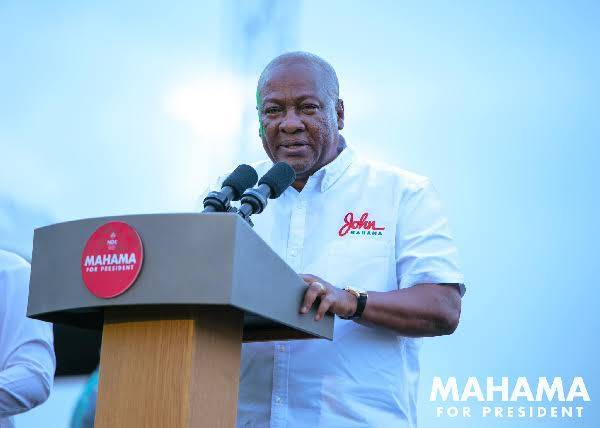In a major development that has sparked wide public interest, Ghana’s controversial Electronic Transfer Levy (E-Levy) is set to be officially repealed. President John Dramani Mahama has confirmed that he will sign the repeal bill into law within the next seven days, fulfilling a key campaign promise and responding to public outcry over the levy’s impact on the economy and digital finance.
The E-Levy, introduced in 2022, imposed a 1.5% tax on electronic transactions, including mobile money transfers, bank transfers, and other forms of digital payments. Although the government reduced the rate to 1% in 2023, the policy remained unpopular, especially among low-income Ghanaians and small business owners who relied heavily on mobile transactions for daily activities.
According to the President, the cancellation of the E-Levy is part of a broader strategy to promote financial inclusion and reduce the cost of doing business in Ghana. “We must support innovation and digital transactions, not penalize them,†Mahama stated during a press briefing at Jubilee House. “This repeal is a step toward restoring public trust and boosting confidence in the digital economy.â€
Financial analysts have welcomed the move, noting that the E-Levy discouraged digital adoption and led to a significant drop in mobile money usage across the country. Experts say repealing the levy could rejuvenate the sector and help stimulate broader economic growth.
However, critics have raised concerns about how the government plans to fill the revenue gap left by the removal of the levy. The Ministry of Finance has hinted at improved tax collection from large corporations and reforms to increase revenue from natural resources.
The repeal bill passed through Parliament last week with a strong majority, signaling a rare moment of bipartisan agreement. Civil society groups and digital finance advocates have hailed the decision as a victory for the people.
As President Mahama prepares to officially sign the bill, many Ghanaians are celebrating what they consider a long-overdue win for fairness in taxation.



No comments yet
Be the first to share your thoughts!